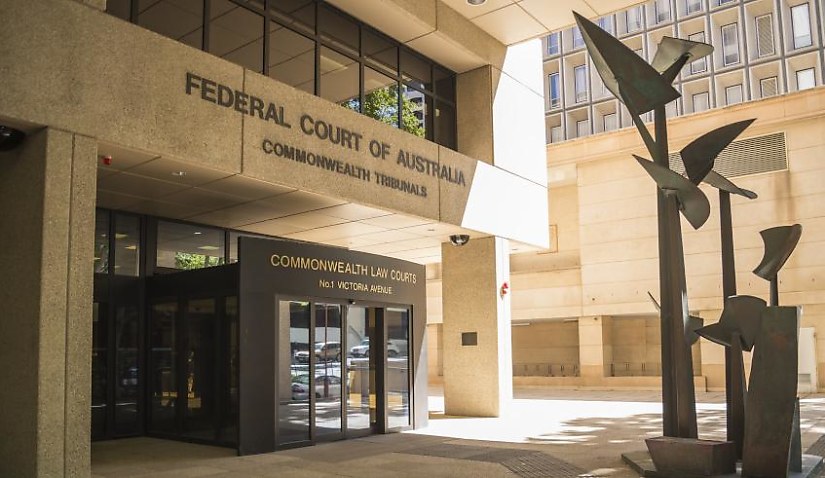Powered by MOMENTUM MEDIA
Lawyers may be incentivised to run class actions so they can “share in the winnings” if the Federal Court allows common fund orders to be awarded in favour of solicitors, a full court bench was warned.

If the court finds it has the power to award common fund orders (CFO) to solicitors who finance class actions, Shine Lawyers and Barton Group could recover costs from the Blue Sky Alternative Investments proceedings in the same vein as third-party litigation funders.
Counsel for the applicants, William Edwards KC, submitted the court does have the power and, having “regard to what solicitors have done”, should permit CFOs for law firms that have provided legal services and taken on the risk of funding major litigation.
“They are paying lawyers in their employee, barristers and experts, and [are] taking on the financial risk of the proceedings.
“If a settlement or judgment results in compensation … the applicants will ask the court to make an order that a portion of the compensation be used to remunerate lawyers for the expense of their work … and the financial risks,” Edwards told Justices Bernard Murphy, Jonathan Beach, and Lee during his opening submissions.
Edwards said if solicitor CFOs are allowed, Shine and Barton would seek to recover up to 30 per cent of the compensation or settlement, including the “out-of-pocket costs”, being the value of its legal services.
Michael Hodge KC, appearing for Blue Sky, said the question has given rise to the “possibilities of conflict” for legal practitioners, particularly around whether allowing them the answer to this before litigation could shape how they provide services during proceedings.
“You don’t permit a solicitor to be able to enter into an agreement … because that will affect the way the solicitor discharges their duties in the course of acting,” Hodge said.
Hodge said the circumstances would “will be different” if this question was posed at the end of the litigation, when all work has been completed.
“This is not the kind of issue that ought to be determined by a court at this stage in this hypothetical way,” he added.
Counsel appearing for another respondent said that to allow a solicitor CFO would be permitting lawyers to “share in the winnings”, which is “inconsistent” with the policy under common law.
“Solicitors and barristers should not be exposed to that incentive in the conduct of litigation,” he said.
The counsel added that a “line in the sand” has already been drawn, and on one side includes the “highest and best conduct of lawyers” who have taken a case they believe in “on spec”.
“On the other side of the line is a situation in which the lawyer conducting the litigation is exposed to, or has an interest in, and indeed has bargained for … an interest in the subject matter.
“The decision to move that line is a decision for the legislature rather than the decision of the court,” he said.
The full court adjourned and will deliver its findings at a later date.
The Blue Sky class action has alleged shares were placed into voluntary suspension in March 2018, following claims in a report that it significantly overstated its fee-earning assets under management and overstated the performance of its investments.
We're evolving — and so should your insights. Heads up — Lawyers Weekly is going premium from 1 May for just $5 a month. Stay informed without missing a beat. More information coming soon.

Naomi Neilson is a senior journalist with a focus on court reporting for Lawyers Weekly.
You can email Naomi at: